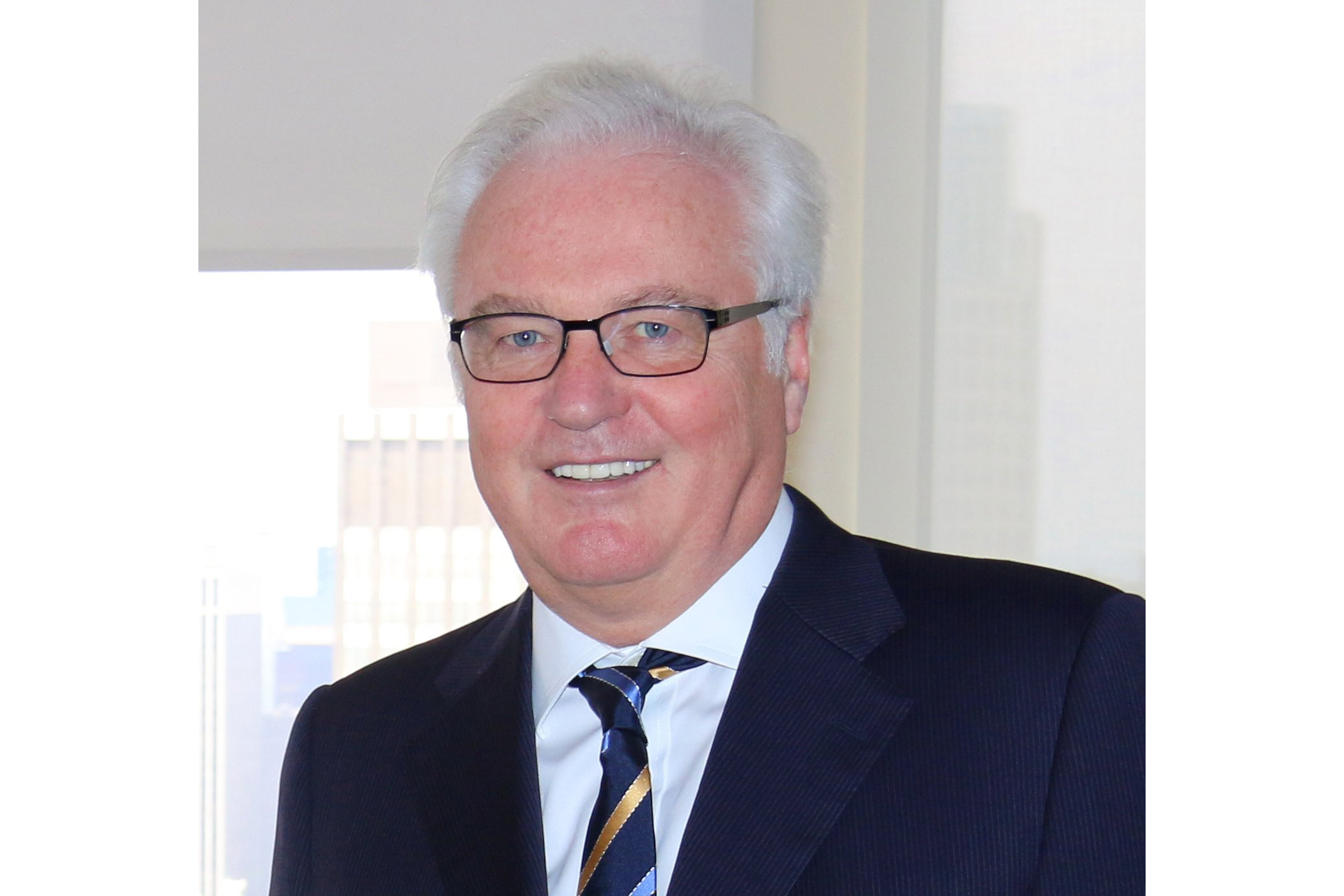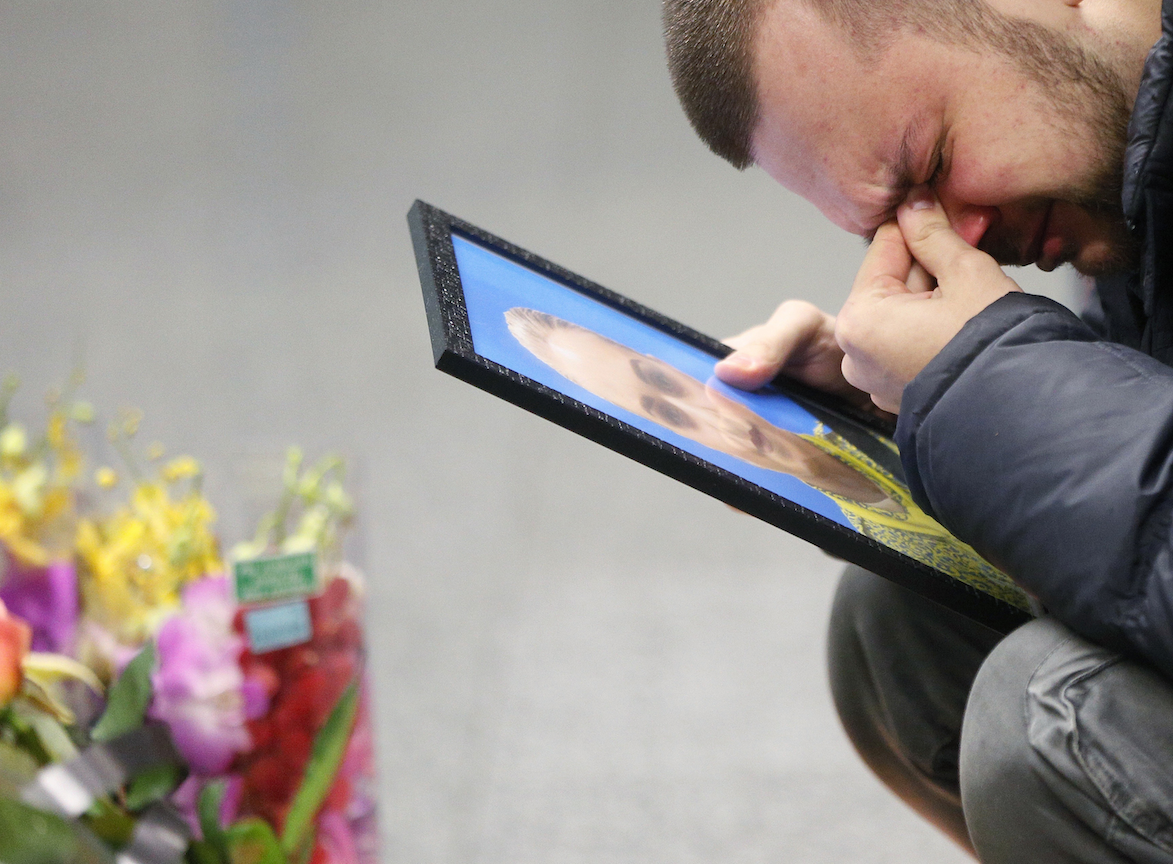Vitaly Churkin, the Russian ambassador to the United Nations since 2006, suddenly died of an apparent heart attack on Monday, Feb. 20. He was rushed to a Manhattan hospital from the Russian U.N. mission after cardiac complications. So far, according to Reuters, federal officials do not believe there to be any foul play.
Former United States Ambassador to the U.N. Samantha Power tweeted she was devastated by the news of his death: “Devastated by passing of Russian UN Amb Vitaly Churkin. Diplomatic maestro & deeply caring man who did all he [could] to bridge US-RUS differences.” The British ambassador to the U.N. also commented on Twitter that Churkin was a “diplomatic giant & wonderful character.”
Earlier this month, Churkin claimed that the “United Nations continues to be an indispensable mechanism.”
While officials suggest there seems to be no foul play, some rumors have circulated that Churkin may have been poisoned.
The Manhattan hospital where Churkin was admitted referred the case to the New York City medical examiner. According to CBS News, the medical examiner investigates “deaths that occur by criminal violence, accident, suicide, suddenly or when the person seemed healthy, or if someone died in any unusual or suspicious manner” while also stating that most deaths investigated are not suspicious.
Portland State professor Gerald Sussman, an expert in the field of media and international relations, questioned why the rumors would even begin to spread about Putin poisoning Ambassador Churkin. He said Churkin held immense respect with Putin and top officials in the Kremlin, and it’s dangerous for the media to portray the Russian regime in a way that continuously villifies them.
Sussman elaborated and suggested that one think of what the American reaction would be if Russia had stationed military personnel along the Canadian and Mexican borders, not unlike what NATO is doing along Russia’s border with Europe. It’s important to empathize with both sides of an argument and take off the blinders that block out what others may be thinking and feeling.
Ambassador Churkin began as a child actor in the Soviet Union, starring in three films, including the film, A Mother’s Heart, which won a Soviet state prize. Churkin eventually gave up his acting career to attend the world-renowned Moscow State Institute for Foreign Relations. He graduated in 1974 with a concentration in foreign relations and began working for the Soviet Union’s foreign ministry, having a command of the Russian, English, French and Mongolian languages. He quickly climbed the diplomatic ladder in the foreign ministry and went on to serve as second secretary to the Soviet embassy in Washington.
On May 2, 1986, The Washington Post reported that a Soviet official was going to testify before a House committee for the first time. Vitaly Churkin, the Soviet official, testified to the House regarding the Chernobyl crisis, frequently using varying forms of English slang to clarify Moscow’s response.
Churkin served under various Soviet and Russian administrations, from Brezhnev to Gorbachev, from Yeltsin to Putin. While the Russian administration under Putin has often been criticized for violating human rights and defending authoritarian regimes, including shielding Syrian President Bashar al-Assad from Security Council condemnation, Vitaly Churkin commanded immense respect at the U.N.






